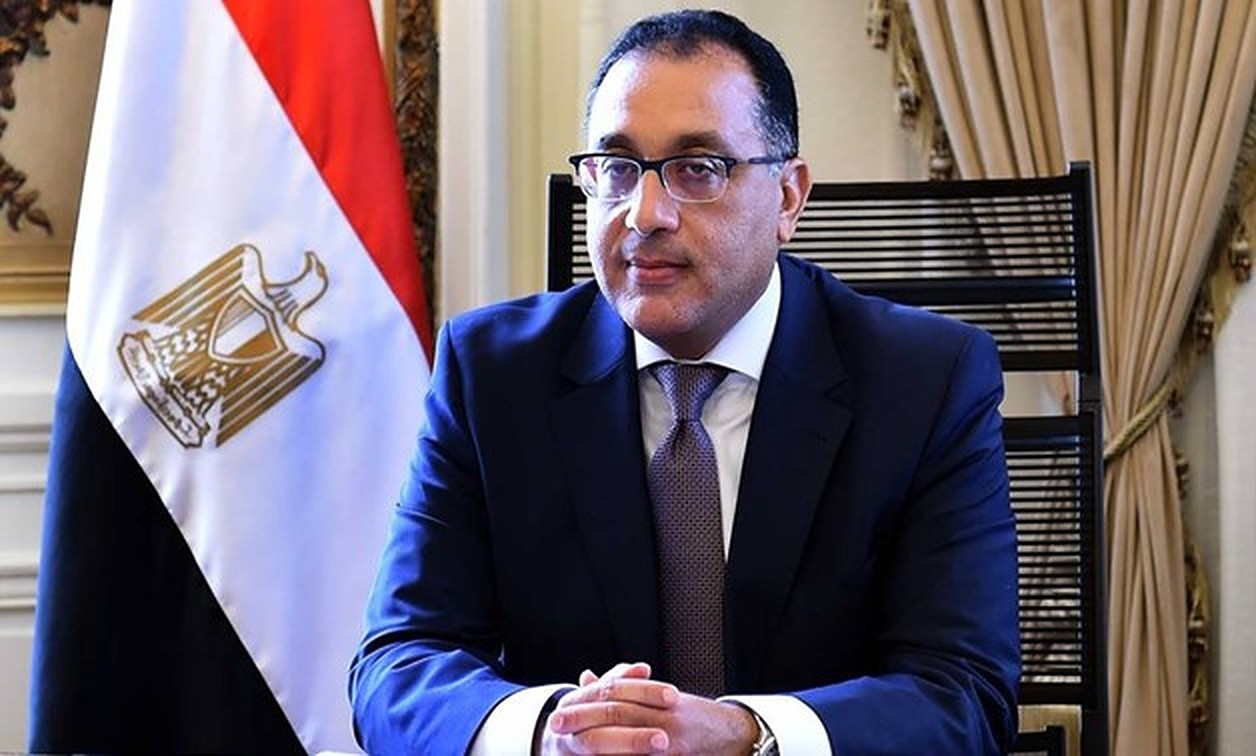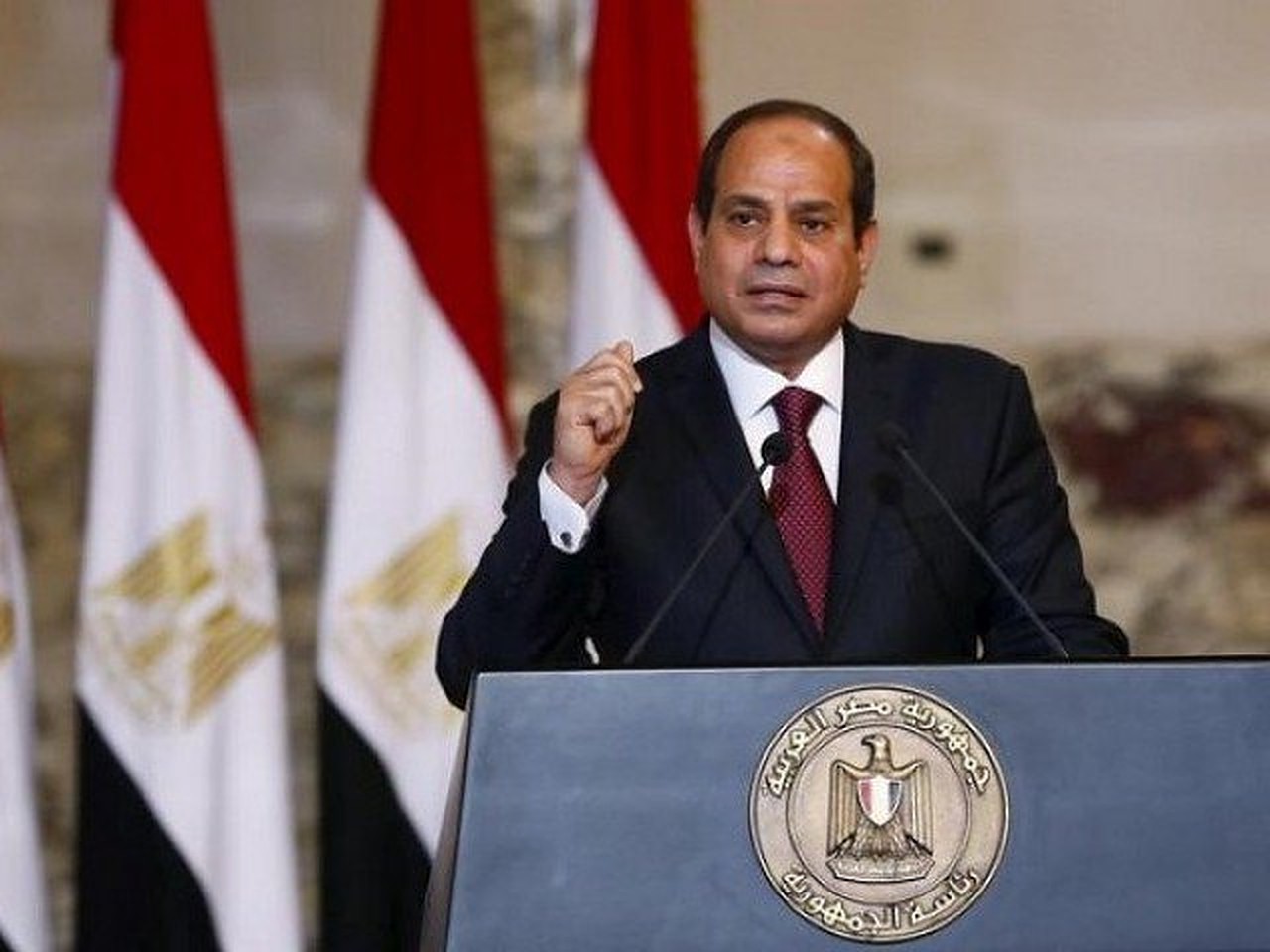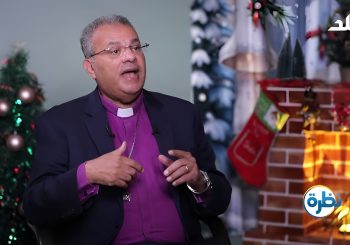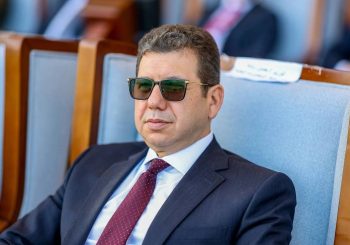
Egypt’s Prime Minister, Mostafa Madbouly, outlined Egypt’s vision to increase private sector investments to 65 percent in the next three years, which equals to USD 40 billion (EGP 732 billion) in investment over the next four years, in a bid to mitigate the shockwaves of the Ukraine war on the economy.
The vision revolves around three main components: a package of policy incentives, improving the business market, and open communication channels with the private sector.
By the end of May, the government is set to announce the details of a State Ownership Policy document, which will outline a governmental plan to offer a variety of state assets to private investors, including projects in electric vehicles, data centres, networks for oil and gas, expansion of gas liquefaction plants, communication towers, and wind power.
The prime minister also explained that stakes in two military-owned firms and 10 other companies will be offered on the stock market by the end of this year, adding that the state had already identified USD 9 billion (EGP 164 billion) in assets to be monetized, and another USD 15 billion (EGP 274 billion) that it would start preparing to offer.
He highlighted that Egypt is eyeing USD 40 billion (EGP 732) in investment in green hydrogen projects, which have become essential to facing the energy crisis and diversifying Egypt’s energy mix.Egypt intends to increase the supply of electricity generated from renewable sources to 20 percent by 2022 and 42 percent by 2035.
Named as the “worst crisis since the 1920s” by the prime minister, Egypt’s economy has been heavily affected by the Ukraine conflict and sanctions imposed on Russia, leading to a surge in the inflation rate by 14.9 percent in April, significantly higher than the previous month’s 12.1 percent.
Egypt has also imposed an export ban on cooking oil, corn and green wheat for three months, as Egypt’s wheat supply was hit severely given that Russia and Ukraine provided the majority of its wheat imports.







Comments (0)